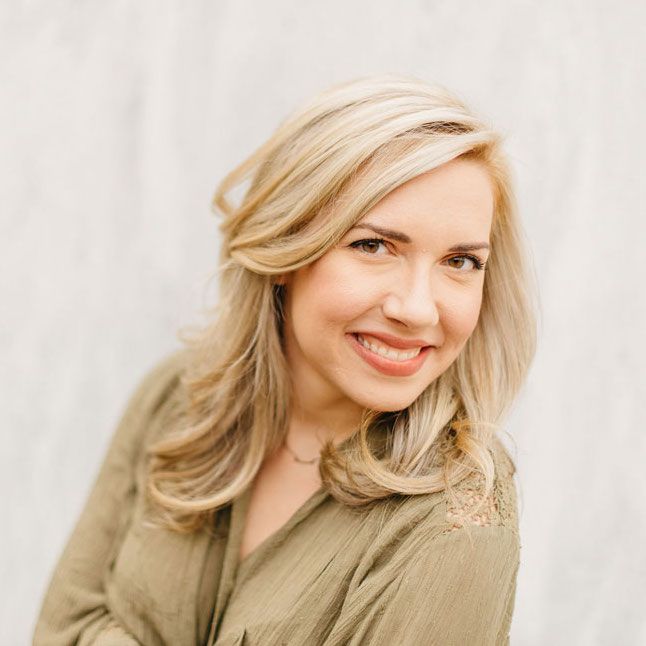Building Savings vs. Pay Down Debt: Which is Better When You Have Extra Cash
When you have extra cash to help better your finances, you may be left with many options to use that money.
The common question:
Should you focus on increasing savings or paying off debt?
For many people, it’s a tough decision because both options will improve your financial health — neither sounds like a bad choice.
Generally, the right answer depends on whether you already have an emergency fund, which is an essential part of your financial preparedness.
Should You Increase Savings or Pay Down Debt?
If you already have an emergency fund, you can start to put extra savings toward debt payments.
Otherwise, it’s probably wiser to save up for an emergency fund first.
Why?
If an unexpected expense hit you while you didn’t have an emergency fund, you are more susceptible to incur high-interest debt. You might take on a loan out of urgency whereas you could have had cash ready to address the problem.
The emergency fund acts as the ultimate buffer. After it has been established, you can think about your next move.

Debt first. Interest rates on credit cards will always be higher than any normalized investing return.
For example, you’re better off paying down the balance on a credit card with 19.99% APR than a savings account earning 1.00% APY.
After you’ve established an emergency fund and paid off high-interest debt, you can begin to boost your savings.
A proper emergency fund
Typically, your priority should be on an emergency fund that is worth 3 to 6 months of living expenses.
An emergency fund should be cash held in a savings account in the event of unexpected financial emergencies such as job loss, car breakdown, or medical treatment. Some of the Best Savings Accounts to consider can be found on our list here.
To calculate the properly-sized emergency fund, review the past three months of financial statements to identify the average monthly spending on:
- Housing (i.e., rent or mortgage payment)
- Utilities
- Food
- Medical care
- Other recurring bills or expenses
Emergency Fund Calculator
Depending on how comfortable you are with factors such as your job security, spending habits, and preferred lifestyle, you may choose to have a smaller or bigger emergency fund.
Different Approaches to Paying Off Debt
Debt freedom is a goal for many people who are burdened by loans and credit cards.
The eagerness to eliminate debt is understandable.
Once you’re ready to focus on repayment, you might have a choice of multiple loans and credit lines to prioritize.
Since common debt such as mortgages, student loans, and car loans will often have very low interest rates, the biggest priority is usually credit card debt.
Now:
Do you pay down the credit card with the highest interest rate? Or, should you pay down the credit card with the lowest balance?
Again, there is no right answer.
Highest APR first
By paying off the credit card with the highest interest rate, you’ll reap the most savings on interest paid.
Essentially, it will free up more money over the long term to address any remaining debt — or to build savings faster.
Lowest balance first
By paying off the lowest balance first, you can gain psychological momentum by accomplishing a goal such as wiping out the entire balance of a credit card.
You may be encouraged to keep the goal of debt elimination in mind and persist with payments toward other debt.
Strategies to Build Savings
Whether you’re trying to build emergency savings or other goal-orient savings, there are ways to make it a habit — increasing chances of success.
Set up automatic transfers
Your bank account should allow you to configure recurring transfers.
For example, you can set it to transfer $100 from your checking account to your savings account on the 1st of every month.
Partial direct deposit
You may ask your employer to direct deposit part of your paycheck toward a separate bank account.
This way, your income is going directly into savings before you have a chance to spend it.
Use an online savings account
Typically, an online savings account will pay significantly more interest than a traditional savings account from a local big bank — usually, more than 100x times the interest earned.
Find the best rates
Unlock exclusive savings rates and gain access to top-tier banking benefits.
Conclusion
Look:
You’re in a great position when you have to choose between savings or debt freedom.
There are many ways to approach the decision with slight moves that can improve your financial readiness while still putting money away for the future.
Ultimately, pick the route that you find most comfortable and aligns best with your financial goals.

